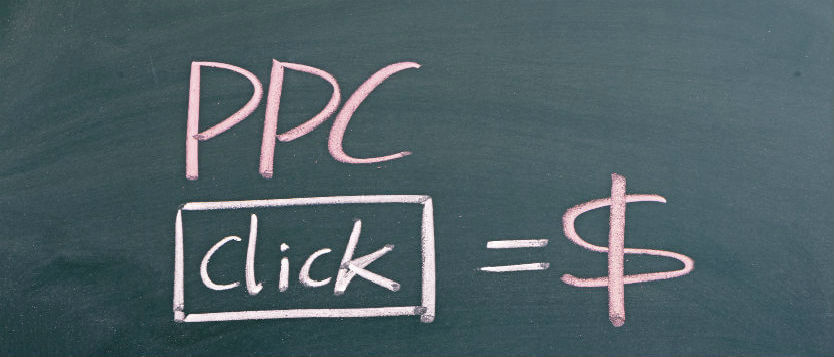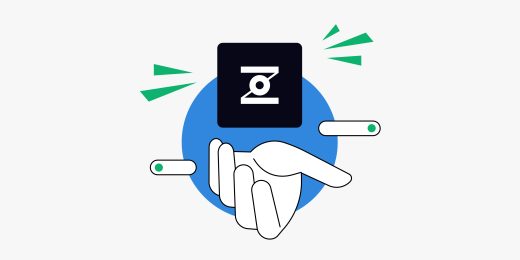What is Pay-Per-Click?

So, you have a website that is up and running and you have started doing a little bit of research into online advertising. There are a lot of options available for you, many of which you may want to test out to see which works best.
In your research, however, you may have asked yourself, “What is Pay-Per-Click?” It’s a good question because it’s a phrase that will likely come up again.
It is important to remember that there are “impressions” and “clicks.” If your ad is only seen but isn’t clicked on, this is considered an “impression.” In other words, an impression is “the number of times your ad, whether it’s a banner, button, or text link, has been (or will be) exposed” to those who are viewing. These “impressions” indicate the number of times your ad has been displayed or appeared on a computer screen. In this sense, a “click” is when your ad has physically been clicked. This redirects a viewer onto your website.
If you are using advertisements on the internet, you are likely interested in knowing how many times those ads are being seen and clicked.
Pay-Per-Click (also known as PPC) is a term that you may likely hear mentioned in online advertising. These advertisements “generate revenue for web publishers each time a visitor clicks on an ad.” Pay-Per-Click allows for the placement of listings in search results in search engines such as Google and Bing. This means that individuals and businesses can purchase these listings, where their ads will appear along with non-paid search results.
The most popular of these Pay-Per-Click websites are Google, Bing, Yahoo and Facebook. These are common websites for Pay-Per-Click advertisements. There are several advantages of using Pay-Per-Click. Pay-Per-Click campaigns inform you who visits your page. They may oftentimes produce a good amount of traffic for your website. In addition, you only pay for clicks; if someone clicks on a result with your ad and ends up visiting your page as a result from the click. This is particularly advantageous because you will only be paying for actual traffic that is produced from your ads. In this sense, you may find that you save more money in terms of advertising this way.
It’s also fast! The creation of an account and getting started is relatively quick. If you are interested in advertising, you are probably testing the waters and trying out various tactics. This is an effective way of seeing if this method of advertising works for you. The initial steps include creating an account, selecting keywords, writing your ad and placing a bid per click for these keywords.
Pay-Per-Click is just one of the many tools that you have available while advertising on the internet. It’s worked for many, so you may want to try it out for your own website.
If you already have a financial blog or website, and are interested in monetizing it, consider registering with us here and becoming an affiliate.
Citations:
TheClutch: http://theclutch.commercialwebservices.com/clicks-vs-impressions/
TechTerms: http://techterms.com/definition/ppc
Material Disclosure: This content is for informational purposes only. ZeroParallel.com does not represent or endorse the accuracy or reliability of any of the information, content or advertisements contained on, distributed through, or linked, downloaded or accessed from any of the services contained on this website, nor the quality of any products, information or other materials displayed, purchased, or obtained by you as a result of reading and using this site. Zero Parallel, LLC may temporarily remove or delete what appears to be potentially unlawful content or content otherwise prohibited under this policy. Please consult your legal counsel before relying or acting on any information provided on this or any third party website.



